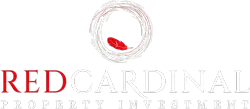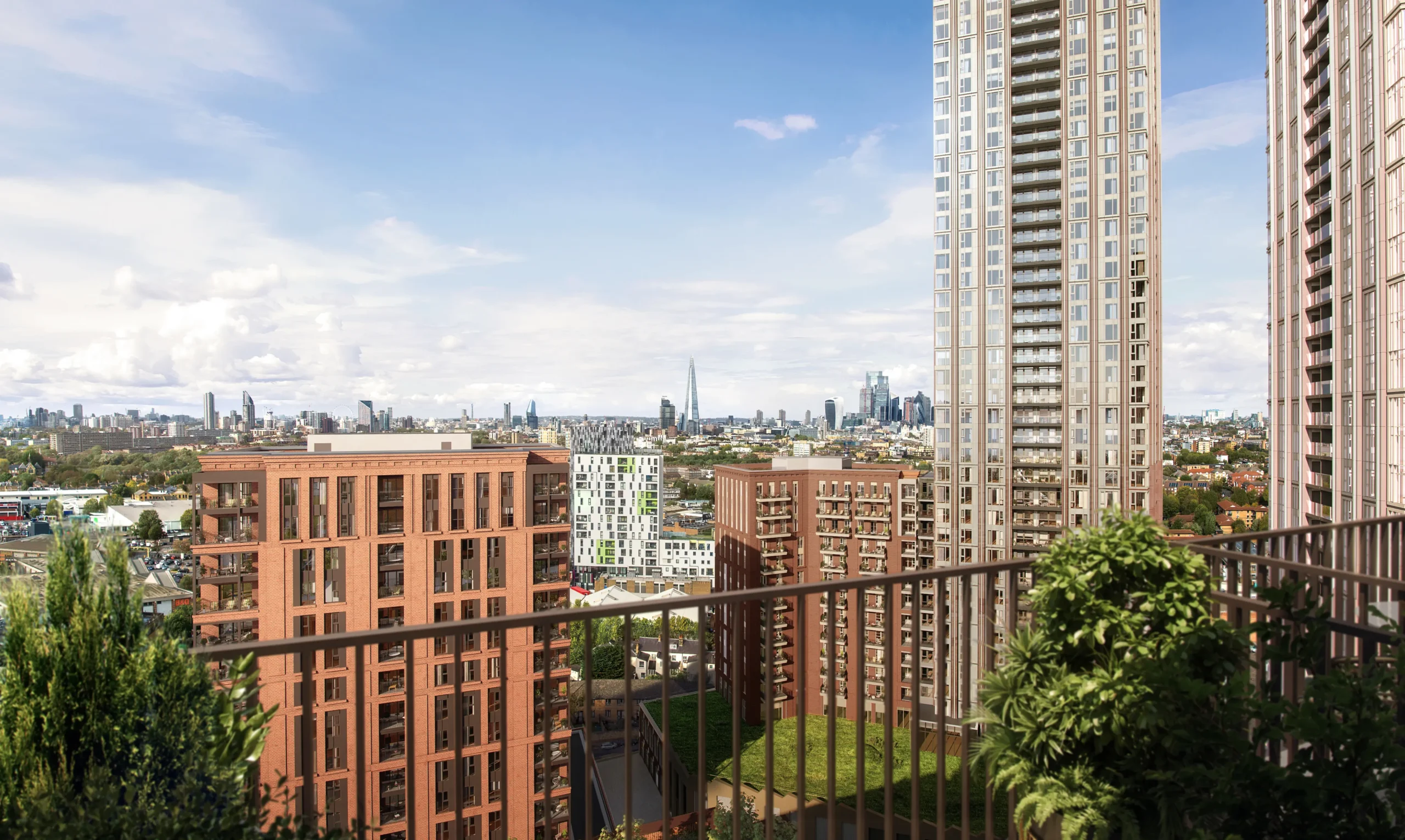The Way People Rent is Changing and Good Landlords Play a Vital Role
The changing rental landscape is undergoing a transformative shift, driven by changing societal preferences and economic dynamics. Traditional norms around homeownership are being re-evaluated as more individuals opt for the flexibility and convenience offered by renting. This evolution is particularly pronounced in urban centres where the gig economy and diverse lifestyle choices are influencing housing decisions.
Shift Towards Flexibility and Mobility
One of the primary drivers behind the increasing preference for renting is the desire for flexibility. Unlike previous generations, today’s renters are often mobile, moving between cities or even countries for work or lifestyle reasons. This necessitates rental options that can accommodate short-term leases or flexible terms, furthermore allowing tenants to adjust their living arrangements without long-term commitments.
Adapting Lease Terms to Modern Needs
In response to this trend, progressive landlords are offering flexible lease terms that cater to the changing needs of tenants. In fact, short-term rentals and month-to-month leases are becoming more common. They provide renters with the freedom to move or adjust their living situation as circumstances evolve.
Supporting the Gig Economy
The rise of the gig economy, characterised by freelance work and short-term contracts, has further bolstered the demand for flexible rental arrangements. Many freelancers and independent contractors prefer renting over buying a home due to the uncertainty of their income streams and the need for geographic flexibility.
Rising Expectations in Rental Standards
Alongside flexibility, there has been a significant rise in the expectations of renters regarding the quality of rental properties and the amenities provided. Today’s tenants seek more than just basic accommodation; they expect a high standard of living that includes modern conveniences and community-focused amenities.
Demand for Quality Living Spaces
Tenants now place a premium on living spaces that are well-maintained, safe, and equipped with essential amenities. This includes features such as high-speed internet connectivity, energy-efficient appliances, and secure access systems. Landlords who invest in upgrading their properties to meet these standards are likely to attract and retain tenants more effectively.
Community and Shared Spaces
Another emerging trend is the emphasis on community and shared spaces within rental properties. Amenities such as fitness centres, communal lounges, and co-working areas are increasingly popular among renters who value social interaction and convenience within their living environment.
The Role of Landlords in Meeting Modern Demands
As rental preferences evolve, landlords play a pivotal role in shaping the rental experience and meeting the diverse needs of today’s tenants. Responsible landlords who understand these shifting dynamics can leverage them to enhance tenant satisfaction and operational efficiency.
Providing Safe and Comfortable Housing
At the core of landlord responsibilities is ensuring that rental properties are safe, well-maintained, and compliant with relevant regulations. This involves regular maintenance checks, prompt repairs, and hence adherence to safety standards to create a secure living environment for tenants.
Changing Rental Landscape: Investing in Property Maintenance
Landlords who proactively invest in property maintenance not only safeguard their investment but also enhance tenant satisfaction. Regular inspections, timely repairs, and upgrades to infrastructure contribute to the longevity and attractiveness of rental properties.
Offering Flexibility in Lease Arrangements
Recognising the demand for flexibility, savvy landlords are increasingly offering a range of lease options that cater to different tenant preferences. Flexible lease terms, such as short-term rentals and lease extensions, allow tenants to adjust their housing arrangements according to their evolving needs.
Customising Lease Agreements
Customising lease agreements to accommodate specific tenant requirements can be a strategic approach for landlords looking to differentiate their offerings in a competitive market. This may include provisions for early lease termination, subletting permissions, or rent adjustments based on lease duration.
Embracing Technology and Innovation
Incorporating technology into property management practices can streamline operations and enhance the tenant experience. Landlords are increasingly adopting digital solutions. All in all, these solutions streamline tasks such as rent collection, maintenance requests, and tenant communications, improving efficiency and transparency.
Implementing Smart Home Features
Additionally, the integration of smart home technology is gaining traction in rental properties, offering tenants added convenience and energy efficiency. Features such as smart thermostats, keyless entry systems, and automated lighting not only attract tech-savvy renters but also contribute to operational savings for landlords.
Changing Rental Landscape: Adapting to Regulatory and Market Challenges
In addition to meeting tenant expectations, landlords must navigate regulatory requirements and market dynamics that impact rental operations. Compliance with local housing laws, tenant protection regulations, and tax obligations are essential considerations for maintaining legal and ethical standards in property management.
Understanding Regulatory Obligations
Staying informed about regulatory changes and requirements is crucial for landlords to avoid legal pitfalls and ensure compliance. This includes understanding rent control policies, tenant rights legislation, and health and safety regulations that apply to rental properties.
Engaging Legal and Financial Advisors
Engaging with legal and financial advisors can provide landlords with expert guidance on navigating complex regulatory landscapes. In other words, professionals can offer insights into local laws, help draft compliant lease agreements, and provide strategic advice on property investment and management.
Managing Financial Considerations
Effective financial management is key to sustainable property investment and rental operations. Landlords must budget for maintenance costs, property taxes, insurance premiums, and mortgage payments while ensuring that rental income covers expenses and generates a reasonable return on investment.
Setting Competitive Rental Pricing
Determining appropriate rental pricing requires landlords to consider market trends, property location, amenities offered, and tenant demand. Pricing strategies that strike a balance between profitability and tenant affordability can help attract and retain quality tenants.
Conclusion: Navigating the Future of Rental Housing
The evolving landscape of rental housing presents both challenges and opportunities. Landlords committed to providing quality accommodation and fostering positive tenant relationships can thrive in this dynamic environment. By understanding and adapting to changing tenant preferences, embracing technological innovations, and navigating regulatory complexities, landlords can position themselves for success in the dynamic rental market. Continual investment in property maintenance, amenities, and tenant-centric services is essential. Overall, changing rental landscape ensures landlords meet the evolving expectations of today’s renters and achieve long-term profitability and tenant satisfaction.
Find out more about what’s happening in the property market in our News column.











